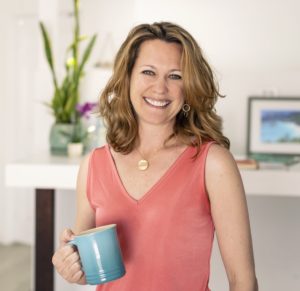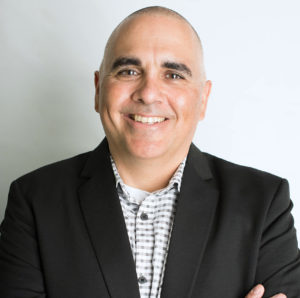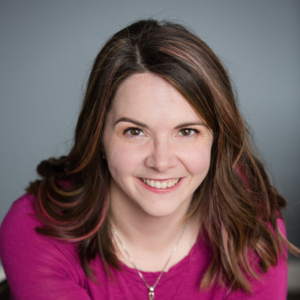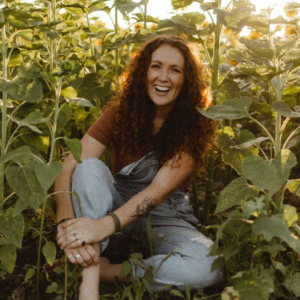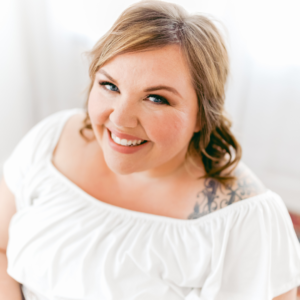Anyone that emails me saying, “Hey can I be on your podcast? I travel the country in my RV,” the answer is pretty much always YES! I couldn’t wait to talk to Nick because anyone that’s able to start a business and travel at the same time needs to be my friend.
As a fellow RV owner, I know how hard it is to make time to travel, but I’ve always wanted to get in our RV and travel to Alaska! It’s one of those bucket-list things for me… I mean, I do need my husband to be able to work remotely too and agree to the drive… Hopefully in one of my future income reports – in like 2022 – you’ll hear all about how I ran my business from my RV on my way to Alaska.
That’s why learning how Nick and his wife made this happen for themselves makes this episode extra special to me.
Nick teaches people how to manage their finances & live their own adventure. I know everyone is going to absolutely love this episode.
What I want to leave people with before the episode starts is that you don’t have to make as much money in your business as you might think to have financial freedom when you have control of your personal finances. Nick is going to show us exactly how we can live the same life he lives, so let’s get into it.
Nick and I talk about:
- His journey to building a business teaching entrepreneurs how to budget and managing money.
- Nick strategy behind monetizing his website.
- How much of our spending is a habit and done subconsciously.
- The importance of clarity in your business direction.
- His best advice for you if you’re struggling to get traction making money in your side hustle.
- The one belief Nick had to change about himself to get where he is today.
My favorite quotes from Nick:
- “Let's create a plan and use money as the tool to help you get there.”
- “It's not about spending less, it's about where's my money going. And let's put as much of my money as possible on the things that I truly care about.”
- “You're taking on the risk. Both of time and money to build a business and you need to get clear on why you're doing that and ensure that the path you're going down is actually going to help you achieve that.”
Bio:
Nick True is a married twenty-something from Tennessee and father to four fur-children. Through Mapped Out Money, Nick writes and speaks about personal finance, budgeting, and Slow-FI, all while traveling full-time with his wife and four pets in a 27ft Airstream. He is passionate about teaching people to enjoy their money now, while also saving and investing for the future. With some creative help from his wife, Hanna, Nick aims to produce approachable and engaging personal finance content to help you understand finance and manage your money, so you can get on with living your unique adventure.

